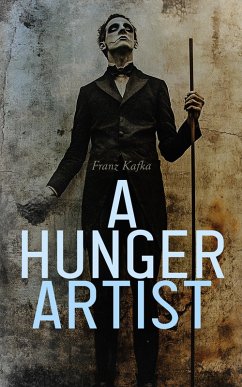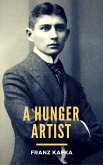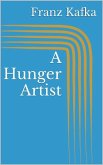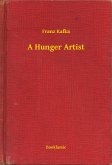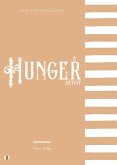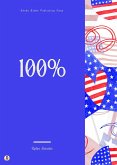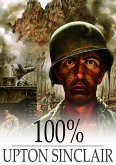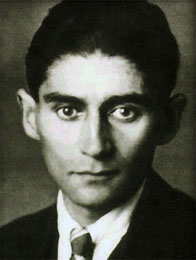A Hunger Artist by Franz Kafka is a mesmerizing exploration of the human condition, delving into themes of obsession, alienation, and the relentless pursuit of meaning. With Kafka's signature blend of surrealism and dark humor, this collection examines the complex interplay between individuality and societal expectations, art and sacrifice, and the yearning for recognition in a world that often misunderstands. The stories in this collection offer a profound and haunting glimpse into Kafka's unique imagination. In First Suffering, a trapeze artist's obsessive dedication to his craft isolates him from the world, highlighting the burdens of perfection and the cost of artistic devotion. A Small Woman portrays the enigmatic and strained relationship between the narrator and a peculiar woman, unraveling themes of miscommunication and the elusive nature of connection. The title story, A Hunger Artist, explores the life of a professional starvation artist who performs for public entertainment yet finds himself increasingly alienated from his audience. The poignant exploration of the artist's inner turmoil reflects the existential angst prevalent in the early 20th century, where traditional values are questioned and the individual's plight is magnified in a society driven by spectacle. In the final tale, Josefine, the Singer, a mouse-like community reveres its singer, sparking deep reflections on the purpose of art and the fragile nature of collective belief. Kafka's collection 'A Hunger Artist' is a timeless masterpiece, offering readers a deeply introspective journey into the struggles and triumphs of the human spirit.
Dieser Download kann aus rechtlichen Gründen nur mit Rechnungsadresse in A, B, BG, CY, CZ, D, DK, EW, E, FIN, F, GR, H, IRL, I, LT, L, LR, M, NL, PL, P, R, S, SLO, SK ausgeliefert werden.

